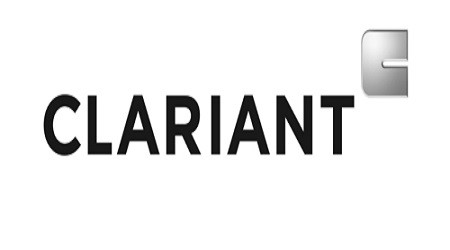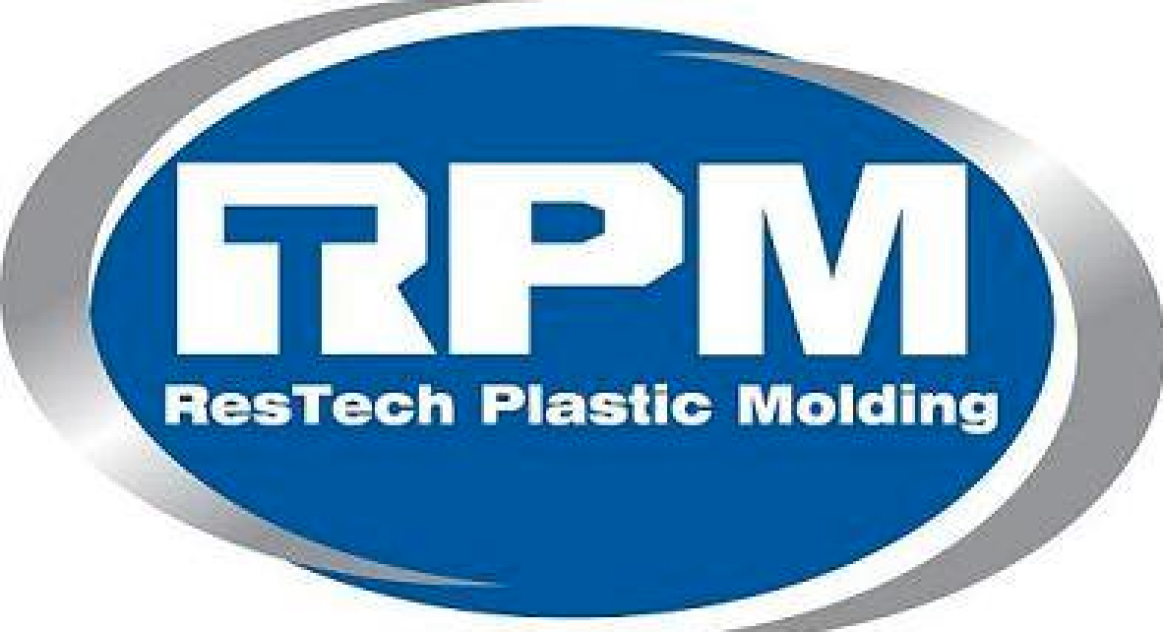
As the leading supplier of value-creating solutions for the polyolefin pipe industry, Borealis offers world-class innovations to its customers and the pipe value chain. In addition to its innovation efforts, Borealis recognises the importance in adhering to the stringent standards to fully ensure the highest pipe quality on the market.
The relaunch of its newly upgraded crosslinkable polyethylene (PEX-a) compound Borealis HE1878E-C2 and the recent inclusion of polypropylene random crystalline temperature (PP-RCT) in the updated global EN ISO 15874 standard demonstrate the extent to which Borealis excels at innovation and developing global standards.
Borealis PEX-a compound fulfils highest chlorine resistance requirements with Class 5 listing
PEX-a has been the preferred piping solution for many installers for decades thanks to its proven track record for safety and high performance. In response to customer and end-user demand for materials exhibiting increased resistance to disinfectants, Borealis is relaunching the enhanced HE1878E-C2, the first fully-stabilised, ready-compounded PEX-a to achieve Class 5 listing. The Class 5 listing corresponds to the highest chlorine resistance rating in accordance with the ASTM F876 standard for PE crosslinked pipes using the ASTM F2023 test method. ASTM F876 is the Standard Specification for PEX tubing in North America.
The advanced qualification of Borealis HE1878E-C2 opens up a wide range of additional opportunities for pipe producers in North America, whilst at the same time enabling producers in Europe, Asia and the Middle East to gain the competitive edge thanks to product differentiation. “Having achieved the highest possible chlorine resistant qualification on the market for Borealis HE1878E-C2 underscores the Borealis commitment to innovation and excellence which ultimately benefits the entire pipe value chain,” explains Gilles Rochas, Borealis Vice President Energy & Infrastructure.
Borealis’ PEX-a pipe boasts well-known benefits such as enhanced durability, high temperature resistance, excellent flexibility and low creep. Now Class 5 listing can be added to the list of comfort giving benefits of Borealis HE1878E-C2. As a fully formulated mini-pelletised compound, Borealis HE1878E-C2 also offers significant production advantages: it requires only the addition of peroxide, thus minimising the risk of additive dosing errors, is easy to handle and its cost efficiency is also improved. With Borealis HE1878E-C2, pipe producers can enjoy access to an already proven stabilisation package whilst end-users have the confidence of the long track-record of PEX-a as well as the Class 5 listing.
Borealis grades not only fulfil, but set global standards with PP-RCT
The higher-performance pipe material class PP-RCT has been valued by the plastic piping industry for its superior performance for the past decade. Now the superior qualities of this class have been officially confirmed thanks to its inclusion in the most recent publication of EN ISO 15874, the global standard for plastics piping systems for hot and cold water pipe installations. This international standard will accelerate the adoption of this second-generation PP-R-material class along the entire pipe value chain.
Borealis led the way with its launch of this material class back in 2004. It’s PP-RCT classified materials which are ready compounded for maximum quality control and available in green (Borealis RA7050-GN) and steel grey (Borealis RA7050), are produced using a special multiple-reactor technology. They contain a high level of beta-nucleated crystals and a state-of-the-art stabilisation package. These features allow for operation at higher stresses at elevated temperatures, opening up a wide spectrum of applications including large diameter pipes for skyscrapers. “Designers and installers are increasingly seeing the vast benefits achievable with PP-RCT pipes,” adds Anton Wolfsberger, Borealis Marketing Manager Energy & Infrastructure.
“Our Borealis RA7050 materials are, with nearly a ten year track record, well-established on the market as reliable, high quality PP-RCT pipe materials.”For example, PP-RCT makes an increase in hydraulic capacity possible while maintaining outer pipe diameter. A higher percentage of smaller pipes may be installed with no reduction in overall water supply. Using the dimension of standard PP-R pipes with higher operating pressures even opens up entirely new areas of use.
More Information :www.borealisgroup.com








